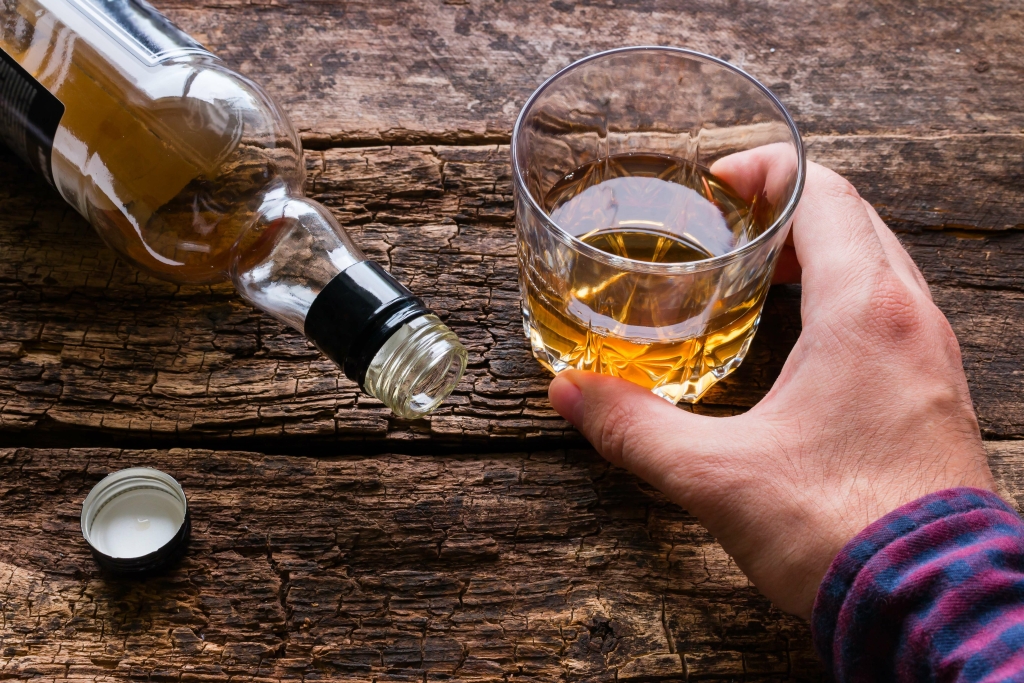How to Quit Drinking or at Least Cut Back
Content
In fact, the sober lifestyle has recently become pretty popular. More alcohol-free bars are opening up throughout the country, which give people who don’t drink the opportunity to socialize with others while avoiding any potential triggers. There are even trending hashtags (#sobriety, #soberliving, #alcoholfree) on Twitter, Instagram, and other social media networks that can help connect people who live alcohol-free lifestyles. Alcoholism is sadly commonplace, but support for alcoholism recovery is also increasingly available too. Your physician or rehab center is likely to provide you with a list of nearby support groups or aftercare programs who can help you achieve long-term recovery. These groups often meet weekly and tend to discuss a wide array of topics related to drinking. The information and helpful strategies they provide as well as the camaraderie that exists between members can help you stay on your recovery journey.

Other suggestions include going out for breakfast, taking spin class together, going hiking, afternoon tea, bonding at the spa, and ice skating. I don’t think I could have short-cut the 10 years, but boy do I wish it was shorter. I simply had to suffer enough to get truly sick of it, and then take action.
How to accomplish your goals
To successfully avoid these environments, you’ve got to replace them with other healthier environments. Yes— spend time at an alcohol recovery center and then, possibly, in a sober living community. Travel and choose your itinerary wisely— museums instead of wineries. Spend time with supportive family members and friends who understand your need for being in an alcohol-free environment. Finally, think about getting outdoors where you might try hiking, gardening, or simply reading in a park. While getting sober is an important first step, it is only the beginning of your recovery from alcohol addiction or heavy drinking. Get treatment for other medical or mental health issues.
Try to formulate a tapering schedule you are confident you can stick with, and then commit fully to executing that plan. If you fail on your first attempt, don’t let that put you off.
Get support
Alcohol withdrawal symptoms usually start within hours after you stop drinking, peak in a day or two, and improve within five days. But in some alcoholics, withdrawal is not just unpleasant—it can be life threatening. The first step is often to consult your primary care doctor or GP. Your doctor can evaluate your tips to quit drinking drinking patterns, diagnose any co-occurring disorders, assess your overall health, and offer treatment referrals. They may even be able to prescribe medication to help you quit. Make a note about how you feel physically and mentally on these days—recognizing the benefits may help you to cut down for good.
Drinking is largely accepted as a social activity and a way to cope with stress.

Cevapla
Want to join the discussion?Feel free to contribute!